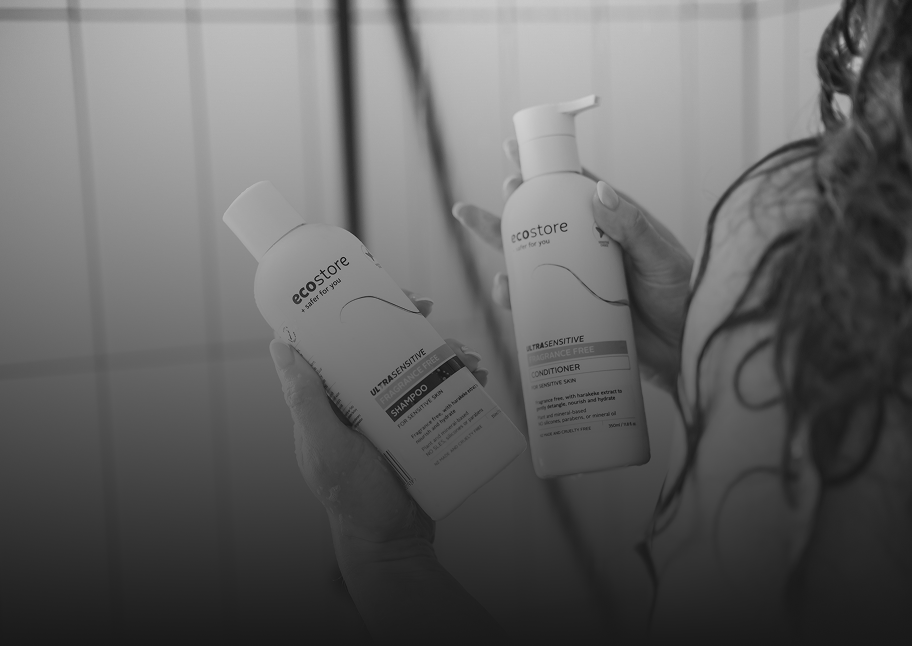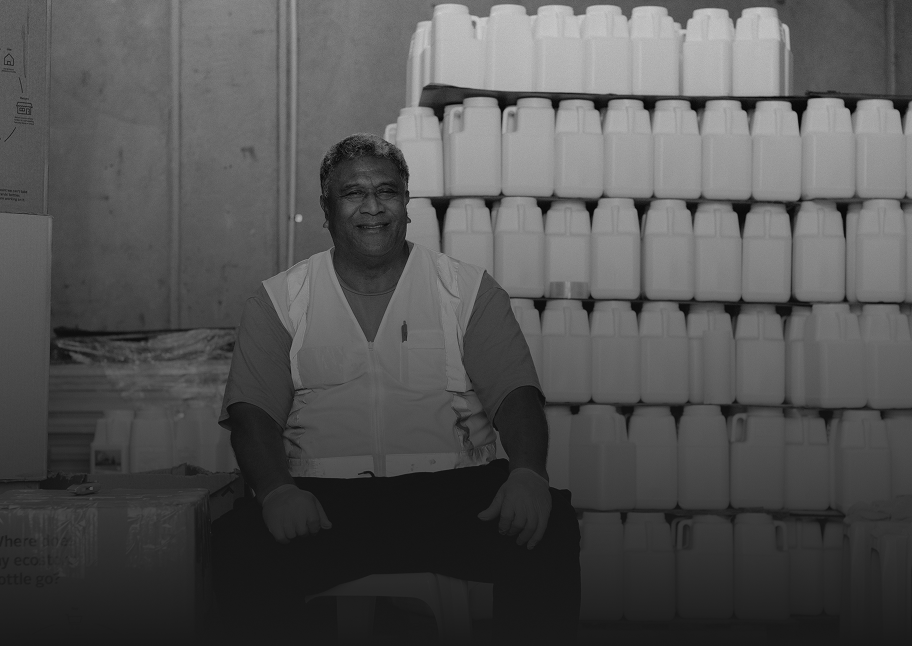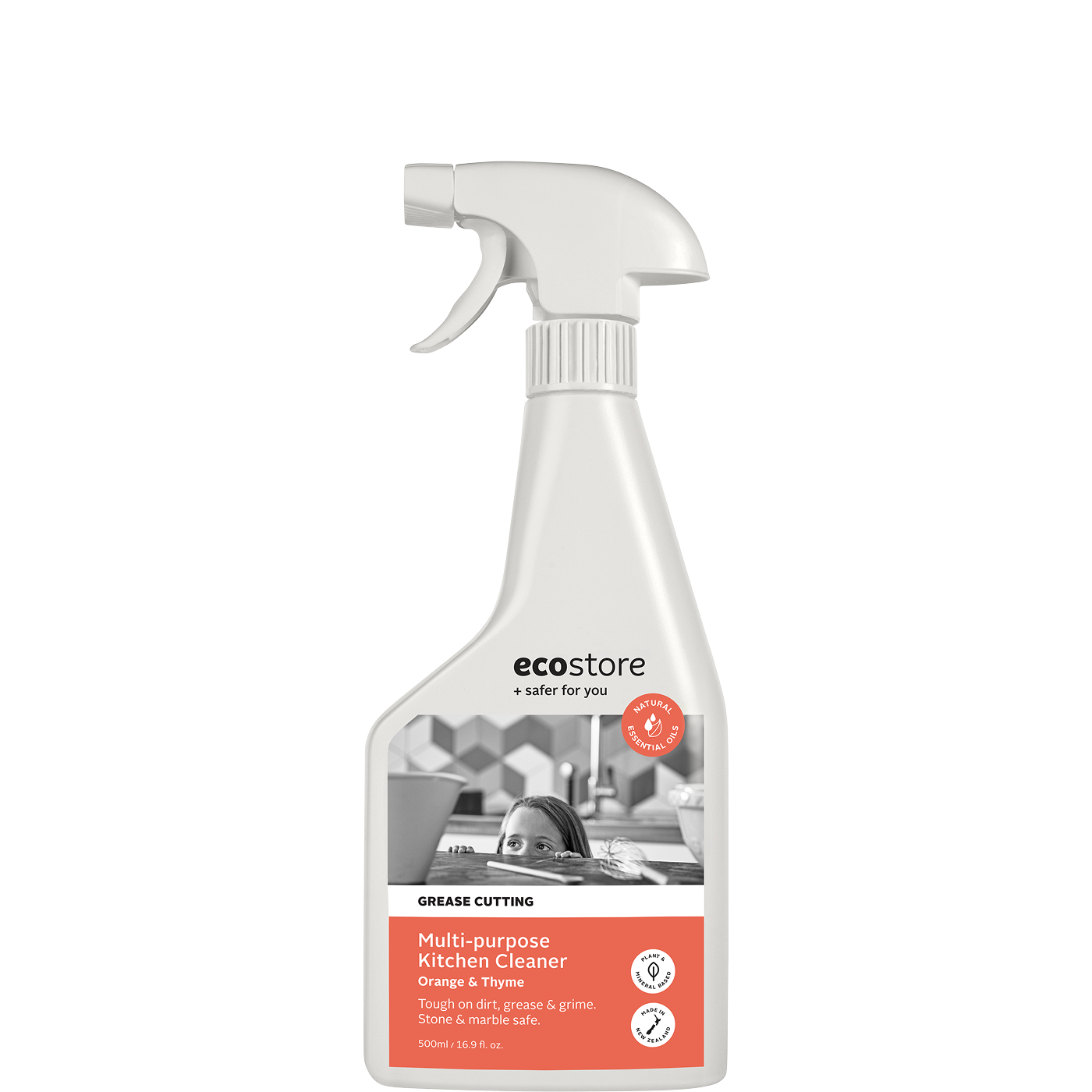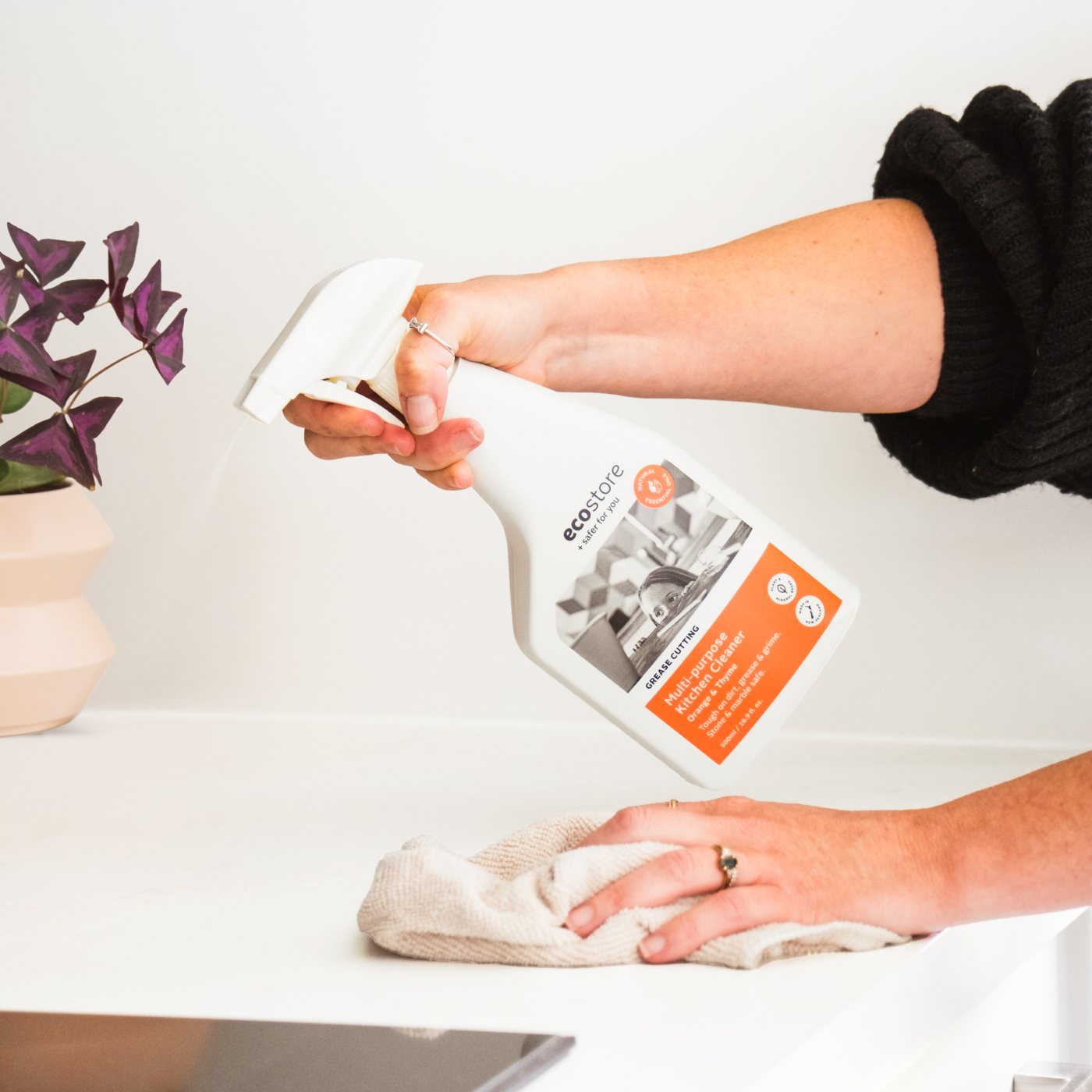Our bodies are incredible – something to be marvelled. Headaches, sniffles, aches, and pains are not our body's way of punishing us for no reason. These symptoms are our body trying to bring us back into a balanced healthy state – flushing out nasty bugs and viruses from our system.
Coronavirus has brought many challenges to millions, and during this crisis, understandably many of us have become increasingly concerned with our immunity – leading to panic buying over the counter cold and flu medications. And while these products may alleviate symptoms, some over-the-counter medications can do more harm than good by suppressing our immune system’s natural response to illness, thereby weakening our innate ability to heal over time.
If we take the time to be kinder to ourselves, to listen to, and provide our bodies with the right conditions and inputs – our bodies can build immunity and have the chance to thrive. While we are in no way stating that the advice below can treat or cure Covid-19, daily fortification of our immune system can help prevent or mitigate the effects of a range of bacterial or viral infections.
Here we are sharing some tips and practices for staying well, taking a proactive approach to health, keeping our immune system strong now, and all year round.
Slow down on your sugar intake
Sugars, and in particular highly processed sugars, put a serious damper on your immune system – they're also incredibly inflammatory, which is a significant contributing factor to ageing. The recommended daily sugar intake is 25 grams (6 teaspoons). A single bottle of fizzy drink can contain 40 grams (10 teaspoons). And given you're most likely not drinking loads of soda, we need to get serious about identifying hidden sugars in our diets, taking note of how our body feels, the impacts on our skin when we consume highly processed sugars.
Processed sugar is like kryptonite for me – several hours later, and I feel my mood and immunity drop. I spent many years as a kid unwell because I couldn't put down processed sugars, so I know first-hand how empowering it can be to reduce your sugar consumption.
Complex whole food sugars found in seasonal fruits, for example, bring fibre and a complementary range of essential vitamins and minerals that work synergistically within our bodies – lessening the negative impacts of the sugars on the body. Not all sugar is equal.
If you are also sensitive to fruit sugars (which some people are), try green smoothies to help regulate your body's response to natural sugars. This Green Smoothie is one of my favourites If you're new to green smoothies, you'll be surprised by how amazing greens like spinach, kale or broccoli can taste when blended with fruit. It’s also a great way to get more green veggies into kids.
Eat more fermented foods
Approximately 70% of your immune system lives in your gut, and thus a healthy gut means a healthy immune system. Fermented foods contain healthy gut-friendly bacteria called probiotics that keep your gut flora (collectively referred to as our microbiome) in balance and help kill off invading pathogens, harmful bacteria and fungi. Nourishing and supporting our gut microbiome can help our body to more adequately cope with sugars and reduce sugar cravings – so it's a win-win.
There are so many ways you can enjoy fermented foods – kefir pre-dinner, throwing sauerkraut through a salad or adding kimchee to your stir fry. One of our all-time favourite breakfast meals at little bird kitchen is our sprouted bread topped with avocado and sauerkraut. Some of our favourite fermented foods to incorporate include; sauerkraut, kimchee, kefir, kombucha (check the sugar levels) and cultured nut cheeses.
Increase your turmeric intake
Nature's anti-inflammatory superhero. Turmeric contains a compound called curcumin that has potent anti-inflammatory, anti-viral and anti-fungal properties. When using, combine with black pepper to increase your body's absorption. Turmeric can be used in a variety of different ways, blended into smoothies and soups or added to curries and scrambles—turmeric lattes or turmeric roast vegetables are personal favourites. You can also buy curcumin in supplementation form if you require a higher dosage.
Swap your morning coffee for a matcha latte or green tea
When Canadian scientists added green tea to lab samples of the adenovirus (one of the bugs responsible for colds), they found that EGCG (Epigallocatechin gallate) compounds in green tea stopped the virus from replicating. Taking green tea daily and consistently could be the difference between staying at home for two to three days, or just a few sniffles. That said, don't overdo it on the matcha lattes since green tea also contains caffeine and like coffee can have negative impacts on our immune system when taken in large quantities. I love matcha in a soothing latte, prepared with fresh almond milk at home.
Mental & Emotional Health
Mental and emotional wellbeing is probably the most underestimated aspect of immunity – it is personally, the one that impacts me the most. What we think and feel can have a truly profound impact on our physical health and immunity, and there is an increasing body of scientific research that supports this. If you are constantly stressed and unable to take time to address your mental and emotional health, your immunity is likely to be compromised. A diet abundant in whole foods and expensive supplements can help but is unlikely to completely negate or override constant stressed state.
Fortunately, there are so many ways today that we can work on our mental and emotional health that suits our individualities – many of which are free, so access and affordability need not be a barrier. Many people will say they don't have time – we need to allocate time. Daily ritual and focusing on our mental health must be a priority. Check-in with how much time you’re spending on social media. Could this time be better allocated right now to your mental and emotional health?
There is no one size fits all approach to mental or emotional health (or any aspect of health - we are all so different), it's about being curious and trying different things to see what works for you. When it comes to physical exercise (which is critical to our physical, mental and emotional health), the best physical activity is the one that you are going to do regularly.
If you're unsure which practices could help, below are some ideas worth incorporating daily to reduce stress levels and improve your mental and emotional health:
Breathwork: There are many different forms of breathwork. Wim Hof's breathing method is particularly useful for boosting immunity - they have an app and free videos online to follow. I do the 11-minute one on YouTube) and if you're feeling brave, give the cold-water therapy a try; it certainly gets you out of your head when you're in an ice bath.
Yoga: Yin Yoga or Yoga Nidra are particularly useful yoga types for reducing stress. You'll find both offered at most yoga studios and plenty of classes available online so you can incorporate yoga practice at home.
Meditation: Try a beginner's course in your local area or online. Some great meditation apps I'd recommend are Headspace, Calm and Insight Timer. There are hundreds of styles of meditation, try out a few and see which one works for you. If you've tried meditation before and thought you weren't good at it – remember, no one is! Sitting with your thoughts and emotions doesn't often feel food, especially when you begin. Meditation teaches us to be comfortable being uncomfortable and reminds us that progress is not linear. You don't get a black belt for being an expert mediator; it's a bit like spin class. No one can tell what gear you're on or how well you’re doing.
Gratitude: While research on the science of gratitude is relatively new, the practice of gratitude is associated with many benefits, including increased happiness and life satisfaction, decreased materialism, and more. Either keeping a journal or verbalising gratitude can help positively shift your thoughts and feelings towards life.
Tapping: I used to think this was a fad and potentially cultish, but I hadn't taken the time to try it or learn more about tapping and was wrong. Tapping works for people, and much like gratitude, while research is limited there is scientific support for the practice as an alternative treatment to physical pain and emotional distress. The Tapping Solution app is an excellent place to start and is available on the App Store and Google Play.
Therapy: There are so many incredible people out there specialising in variations of versions of talk therapy from traditional psychiatry to shamanic counselling. Do your research and get recommendations, and if you don't have someone in your area you resonate with, head online – many practitioners operate via Skype or Zoom sessions now.
Vitamin D - Sun and Supplementation
Vitamin D is a key vitamin that impacts multiple functions in your body – including immune system function. Most of our Vitamin D intake comes from the sun, making it easy to obtain during the summer months; however, during winter, natural supplementation becomes challenging. Supplementation is recommended from May-October to support healthy Vitamin D levels.
When it comes to supplementation, there is so much information out there (from both credible and non-credible sources) that it becomes very confusing knowing what or what not to take. We recommend working with an experienced naturopath or health professional in addition to clinical testing to design a supplementation programme tailored to your specific needs. That said, there are supplements available that boost immunity and reduce stress levels that are both accessible and not too expensive.
- Vitamin D3
- B Complex
- Magnesium
- Zinc
- Liposomal Vitamin C (we love Poten-C - a New Zealand made product). If you get run down in the winter months or suffer from mouth ulcers or cold sores, then Lysine could be a good option for you as well.
Limit alcohol and get a good night's sleep
Alcohol interferes will our sleep quality and can disrupt REM sleep (the most restorative sleep phase). Sleep is especially essential to ensure that your immune system is operating at full strength and replenishing 'natural killer cells' (critical to our innate immune system) which attack virally infected cells in response to viral infection.
Swap your wine with dinner for kefir or kombucha and your evening nightcap for calming herbal teas like chamomile or saffron. Ensure that you are getting at least eight hours of undisturbed sleep (when kids permit it) – which ideally doesn't include cell phones under your pillow or TV in the bedroom.
I recommend taking magnesium before bed (and incorporating breathwork or meditation to help you access a deeper, more regenerative slumber).
*This content is intended to help you make informed decisions about your health; it is not intended as a substitute for medical advice or treatment. We always recommend seeking personalised medical advice from your registered health care professional(s).
----
Little bird organics is the creation of partners Megan and Jeremy. Megan is the chef and creator of the little bird flavour and Jeremy, an award-winning architect and designer, is the brains behind the branding. Their goal is to shift existing paradigms around plant-based cuisine, and show people just how exciting, innovative and delicious organic wholefoods can be.
Read more

We inhale; we exhale. Most of the time this process happens completely unconsciously, we’re unaware of the magic that is happening as we breathe. In the video below I’ll show you a breath-work tech...

We inhale; we exhale. Most of the time this process happens completely unconsciously, we’re unaware of the magic that is happening as we breathe. In the video below I’ll show you a breath-work tech...






